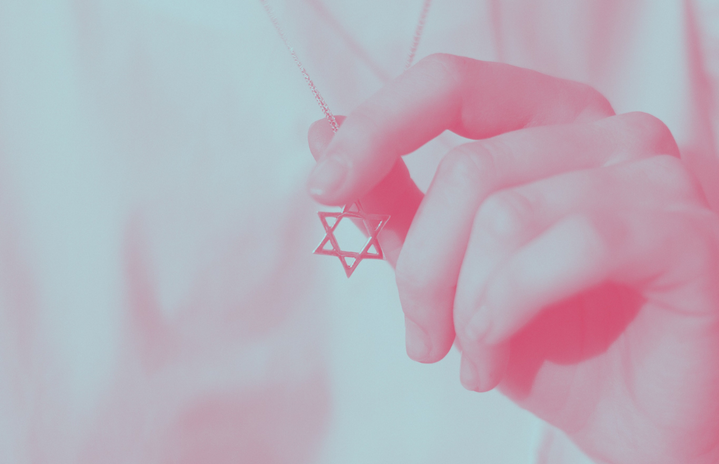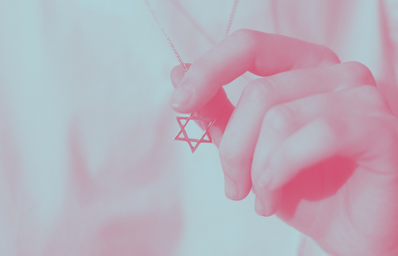Disclaimer: I am Jewish. All of what I am writing about directly pertains to me.
With the recent antisemitic remarks made at the Florida-Georgia Game and Kayne West’s tweets, which came a week after the 4 year anniversary of the Tree of Life shooting in a synagogue in Pittsburgh, it’s difficult to deny that antisemitism is on the rise.
Throughout history, hatred and prejudice toward Jews has always existed.
In the Middle Ages, Jewish hatred was expressed through persecution and massacring of the Jews, which usually resulted from the misconception that Jews killed Jesus and blood libels, or rumors that Jews use Christian children’s blood for religious purposes. Throughout this period, Jews were sometimes given the option to escape persecution by converting to Christianity. This form of Jewish hatred was rooted in religious causes.
As modern nations began emerging in Europe in the 18th and 19th centuries, Jewish hatred became increasingly nationalistic. Jews were often viewed as foreigners in whatever country they resided in and were, therefore, usually distrusted and suspected. The Dreyfus Affair in France where Jewish military officer Alfred Dreyfus was convicted for revealing French military secrets to Germany exemplified how quick the public was to suspect and blame Jews.
Despite the vast history of hatred towards Jews, the word antisemitism was not first used until 1879 in Germany. Wilhelm Marr coined the term in an attempt to make the anti-Jewish sentiments in Europe at that time seem scientific. Marr and many other antisemites of that time used this new term to suggest that there was something inherently and biologically inferior in the Jewish race which was used to propel and justify antisemitic rhetoric across Europe. The hatred of the Jews was no longer a result of their religious practice or their dual loyalties; rather, it was because of their bad genes and inferior biology.
Just 60 years after the formation of the word “antisemitism.” the most devastating tragedy in Jewish history – the Holocaust – occurred. Jews were progressively forced to wear identity markers (yellow stars), then live in cramped, contained Jewish areas called ghettos, and finally were forced to their death in concentration camps. Six million Jews were murdered as the world sat by idly and allowed this massacre to occur.
Although modern-day antisemitism is not as violent and extreme as it was in 1940s Germany, it stems from the same underlying root and is just as pervasive. It may be harder to detect and easier to ignore, but since the Holocaust, antisemitic incidents have continued to follow Jews everywhere they go.
Jewish hatred has persisted for thousands of years, but it doesn’t have to continue. History has shown us the evil that can occur as a result of stereotypes, discrimination and hatred. We’ve seen how much destruction humans can cause – both through taking direct action in the form of murder, attacks, and hate speech, but also indirectly through being a bystander in the face of evil. It is imperative that we speak out and stand up for any form of hated, racism and discrimination that arises. We can acknowledge and address our own biases and shortcoming to make our own communities a more diverse, inclusive and respectful place.
As Martin Luther King Jr. so perfectly said “injustice anywhere is a threat to justice everywhere.” An attack on me, my family, and my friends is not simply contained to that; it is an attack on society and a threat to all of humanity. What type of world do we want to live in – one where people do nothing in the face of hatred and cruelty or one where people speak up and stand up for all people regardless of their differences?
So, before you consider listening to the next Kanye song, making or laughing at a racist joke, or simply ignoring any antisemitic, racist or discriminatory comment, remember the evils that can result from indifference and apathy. Remember what people are capable of when they aren’t held accountable. Remember what happened to my people.
For resources and ways to educate yourself on Judaism, antisemitism, and prejudice feel free to check out these links:


